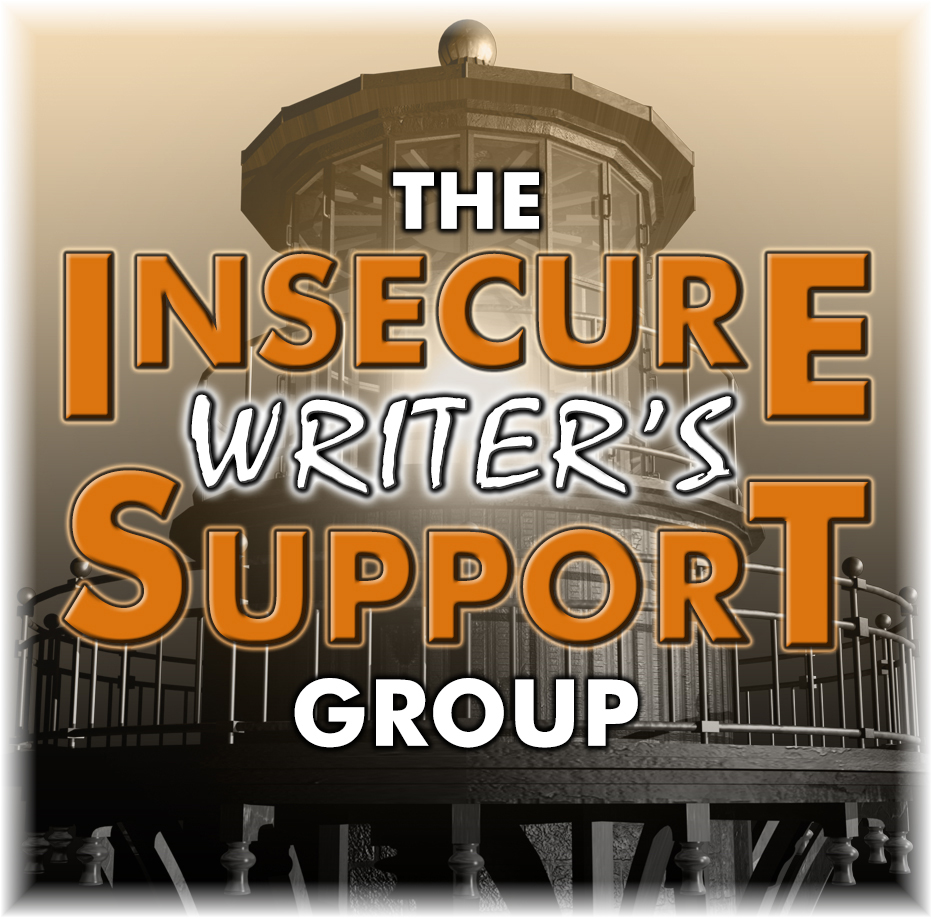So here we are at the end of the first week of September and my writing continues to be mostly journaling and the occasional edit of an old poem. Whereas in 2020 and 2021 I had time to write, but no energy, here in 2022 I have the energy, but no time. Al of the things we couldn’t do in the previous two years – all of the socializing, visiting, vacationing, partying, monstering, family events, etc., which were blocked by COVID restrictions and common sense, are no longer blocked by COVID restrictions. Every week there are more opportunities to meet with other human beings, face to face.
To sum up, this has been an exhausting summer.
On a lighter note, today is the first Wednesday of September, and that means it’s blog hop time! This month’s Insecure Writer’s Support Group question is:
What genre would be the worst one for you to tackle and why?
Short answer: Inspirational fiction.
Long answer:
Back in the 1990s I worked at a local independent bookstore. We had an excellent selection of books, though as with all brick-and-mortar stores, we had limited shelf space. Thus is was that philosophy, religious texts, and inspirational literature were all shelved in the same area of the store.
This being West Michigan, the inspirational literature, which was 100% Christian, took up more shelf space than religion and philosophy combined. And oh, the titles we carried. And oh, the customers who bought them.
What were the books like? Without going into too much egregious detail, Tim LaHaye’s Left Behind novels were among the best of them. While most weren’t as gleefully sadistic toward non-Christians as were LaHaye’s books, they were all tiresome, predictable, and not at all challenging to the reader. The very best of them (which, again, weren’t very good) invited the reader to a sort of self-reflection, as long as that self-reflection guided the reader to the Great Attractor of whichever sect of Christianity the author belonged. And invariably, more conservative, the better.
At the risk of looking like I am lumping every book in the genre of inspirational fiction into an undifferentiated mass, I agree that, for the purposes of this unapologetically subjective post, this is indeed the case. I allow that I am definitely not part of the target audience, so there may be nuances in the outer fringes of the genre which I have not encountered.
With that groundwork, what follows is the reason why I should not write in the Inspirational Literature genre.
I have had a running joke that for me, writing literary fiction is a doomed endeavor because at some point, despite my best efforts, Cthulhu shows up. When the Great Old Ones are concerned, the stories all end in madness, nihilism, and the inevitable destruction of the world and all the works of mankind. This opens the possibility that the books I might write would be mistaken for Christian-based inspirational literature, a la LaHaye. Just with, you know, the awakening of Cthulhu swapped in for the End Times/Second Coming. And at that point, really, what’s the difference?
However: Were I to write some inspirational fiction, and allowing for the inevitable drift in my writing into the cyclopean and squamous, I would keep the scope small and intimate, and focus specifically on people in the myriad out-groups who invariably bear the brunt of the decisions of those in the in-group. The world has never not been apocalyptic for one group or another, and the most inspirational stories are those which uplift the downtrodden without requiring them to either lick or don their oppressor’s boots.
(And yes, I know that not all inspirational literature involves the Apocalypse. Just the most popular works of the genre.)
(And lest ye comment that the Left Behind series is not “inspirational”, I invite you to take a good hard look at the messaging therein, and the target audience thereof.)
(Come to think of it, maybe LaHay’s books are more expirational than inspirational.)
Anyway, thanks for reading! This was a fun post.

The Insecure Writer’s Support Group
is a community dedicated to encouraging
and supporting insecure writers
in all phases of their careers.